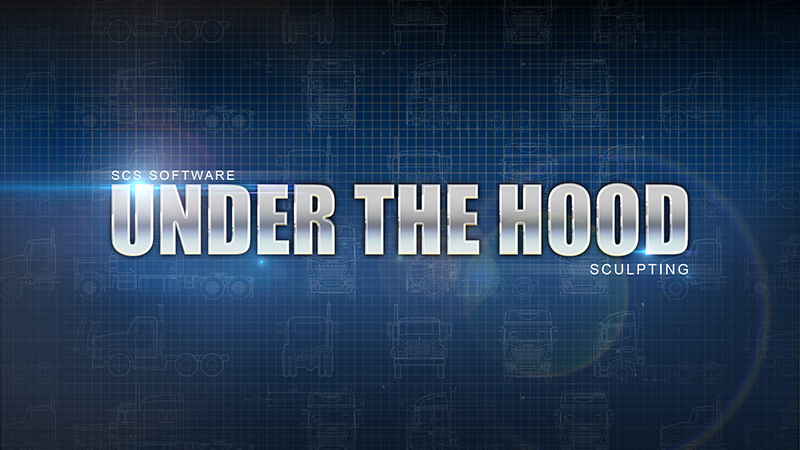A brand new label will probably be added to video games within the US noting in-game purchases, the ESRB has introduced.
Today, the Entertainment Software Rating Board (ESRB) introduced it should introduce a brand new label to bodily video games: In-Game Purchases.
The label can even be obtainable “wherever they can be downloaded,” reads the assertion. The label informs prospects forward of time whether or not video games provide the power to “purchase digital goods or premiums with real world currency.”
This additionally consists of, however is just not restricted to, “bonus levels, skins, and surprise items” corresponding to merchandise packs, loot containers, or thriller awards. Music, “virtual coins and other forms of in-game currency,” are additionally below the label, in addition to subscriptions, season passes and upgrades corresponding to these which disable adverts.
In a press launch, the ESRB mentioned customers can count on to start out seeing this new discover within the close to future.
“The video game industry is evolving and innovating continually, as is the ESRB rating system. ESRB’s goal is to ensure that parents have the most up-to-date and comprehensive tools at their disposal to help them decide which games are appropriate for their children,” mentioned ESRB president Patricia Vance.
“With the new In-Game Purchases interactive element coming to physical games, parents will know when a game contains offers for players to purchase additional content. Moreover, we will be expanding our efforts to educate parents about the controls currently at their disposal to manage in-game spending before their kids press ‘Start’.”
In a press name this morning, Vance famous the brand new label doesn’t particularly state the distinction between loot containers and different varieties of downloadable content material.
According to Vance, that is because of the “large majority of parents” not realizing precisely what a “loot box is,” which the ESRB found after doing client analysis, said Ars Technica which was on the call.
Parents who had been conscious of loot containers had been extra involved with “children spending money.”
“It’s very important for us not to harp on loot boxes per se, but make sure we’re capturing loot boxes but also other types of purchases,” mentioned Vance.
To assist educate mother and father on such issues, the ESRB launched a brand new web site, ParentalTools.org, with a purpose to present mother and father with data on tips on how to use parental controls to assist handle recreation use within the residence, together with time and cash spent enjoying.
“Parents need simple information,” Vance mentioned on the decision. “We can’t overwhelm them with a lot of detail. We need to be clear, concise, and make it easy for them. We have not found that parents are differentiating between a lot of these different mechanics.”

Earlier this month, US Senator Maggie Hassan known as upon the ESRB to look into loot containers, and take acceptable motion when making use of a score.
Hassan asked the ESRB to investigate whether or not video games with in-game purchases corresponding to loot containers had been marketed in an “ethical and transparent” method. Hassan, and different US Senators, was nervous the random nature of contents included in loot field contents may mirror the “mechanics often found in casinos and games of chance.” The ESRB, although, doesn’t believed loot boxes should be likened to gambling.
Months previous to Hassan’s open letter to the ESRB, officers from three different states launched bills which would ban the sale of games with loot boxes to these below 21.
The submit ESRB adding “In-Game Purchases” label to titles with loot boxes, other microtransactions appeared first on VG247.
Source


